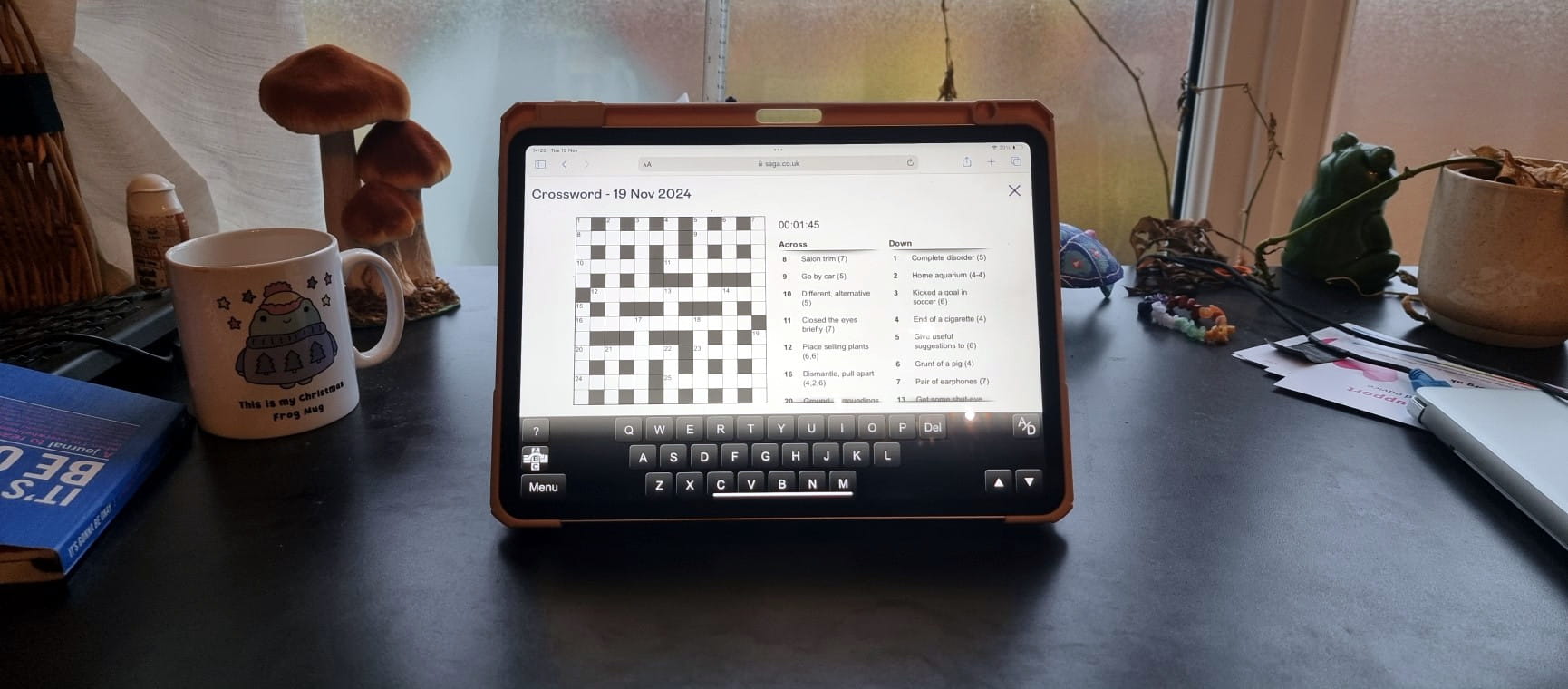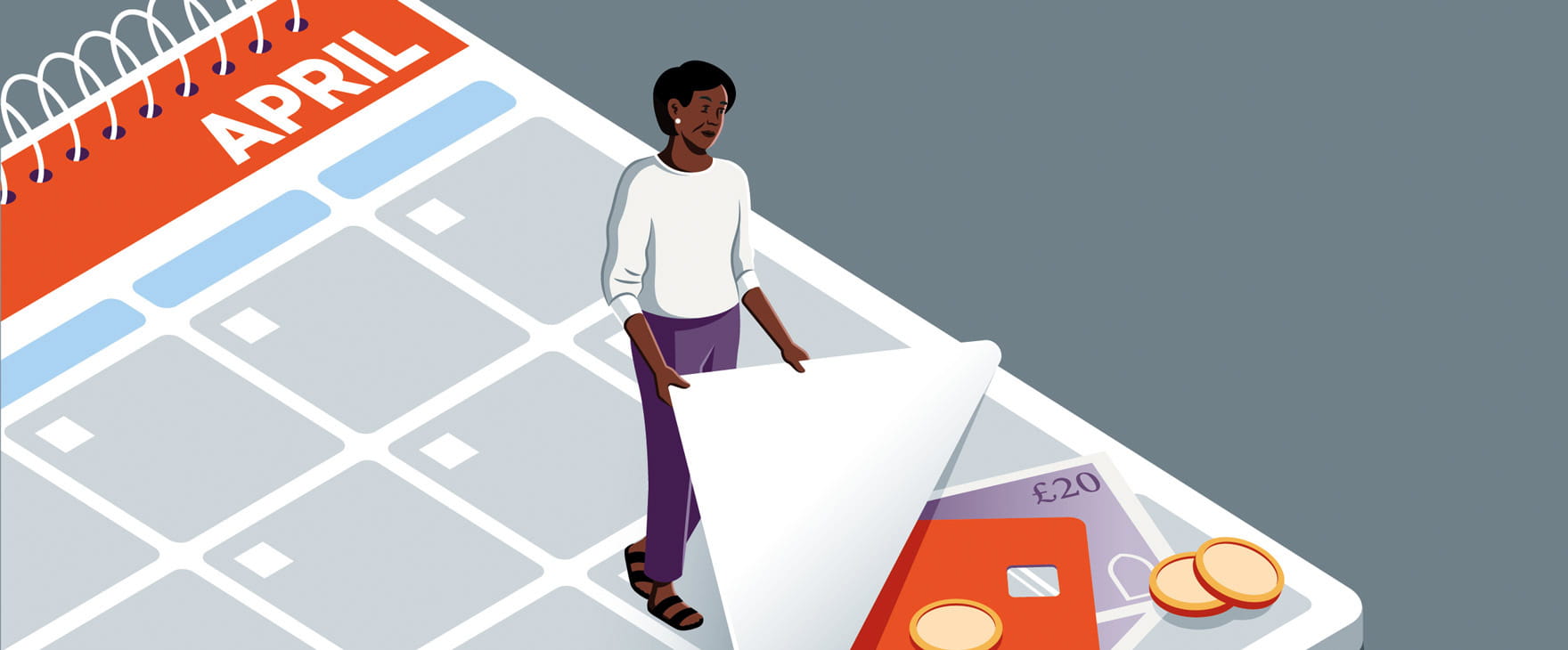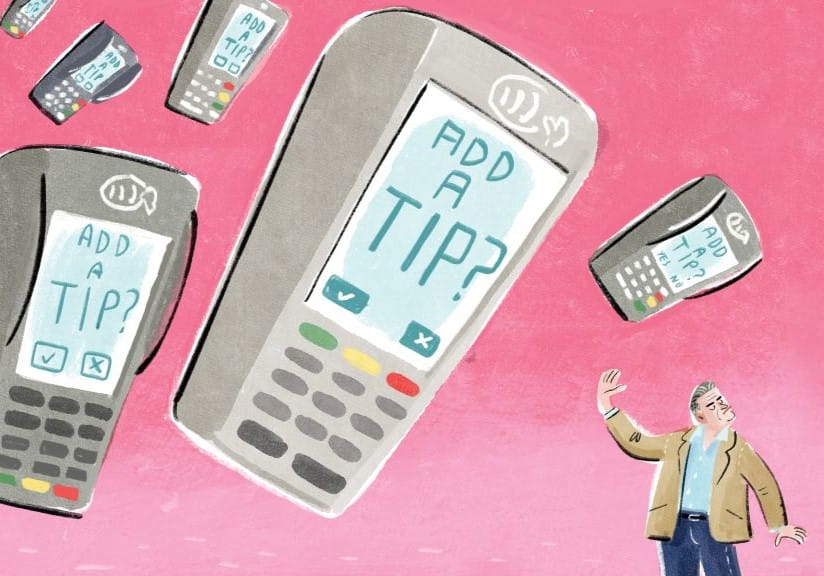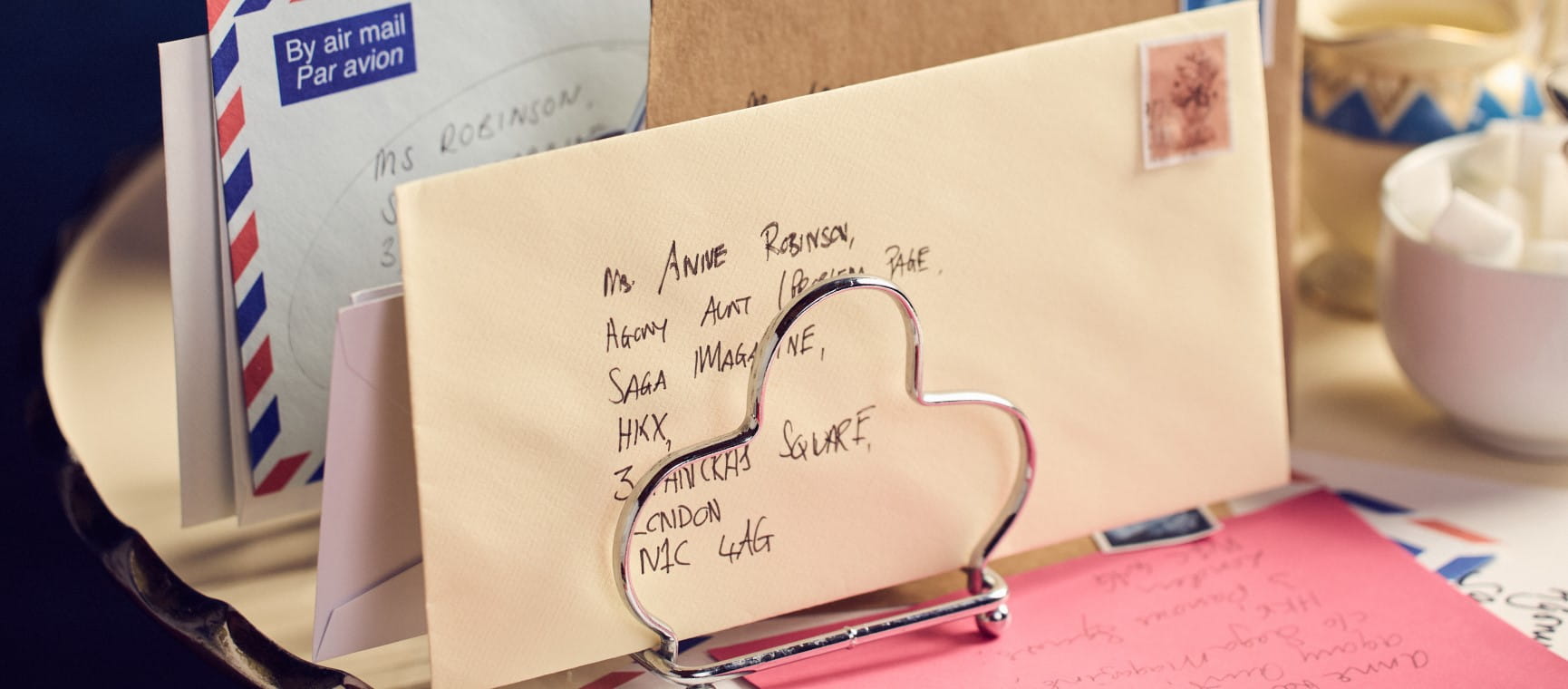Mark Palmer on the minefield of teaching manners to the next generation
Our columnist asks why does nudging the grandkids into saying “Please” and “Thank you” cause quite so much bother?

Our columnist asks why does nudging the grandkids into saying “Please” and “Thank you” cause quite so much bother?

“Manners maketh man” was a phrase that many of us railed against when we were growing up. Or, at the very least, it was something we heard far too often, invariably dropping from the lips of our parents. I’d always assumed it was a Victorian decree but, in fact, it goes back a lot further than that.
It’s attributed to William of Wykeham, the 14th-century Bishop of Winchester, and is the motto for Winchester College (alma mater of Rishi Sunak – remember him?). One doesn’t hear it quite so often nowadays, perhaps due to the reference to “man” with no mention of woman, although clearly the “man” here is generic. But what of the substance?
I couldn’t help asking my four-and-a-half-year-old grandson the other day if he’d “asked to get down” after he was done with his spaghetti bolognese. It led to no response whatsoever from little Wilfy, while Olivia, his mother (my daughter), didn’t seem bothered that he had left the table at a time of his choosing, without parental approval.
“You have to know when to fight your battles,” she said. Fair enough – but to me this seemed like a battle worth fighting.
A few days later, I was reading about how Myka Meier, an etiquette coach who learnt her craft under Alexandra Messervy (a former member of the royal household who once taught Diana, Princess of Wales), is determined to teach manners to a new generation of children.
Meier, 43, was born in Florida but attended a Swiss finishing school, before settling in Britain in 2009. She’s in “despair” at the decline of good manners and wants to get in early with children of about the same age as Wilfy and my other grandchildren.
Her idea is to launch Mini Manners videos, featuring a cast of Sesame Street-style puppets and other cartoon characters. Sounds good to me.
The issue now is how to suggest to my children that my grandchildren should watch these videos without causing offence by insinuating that their manners aren’t up to scratch.

I don’t want to be overly critical but, at the same time, I want to stress that, according to a Harvard University study, good manners are a hugely important factor in career progression, even ahead of competence.
Meier agrees. “Success in the workplace is 85% based on your social and emotional intelligence, and only 15% on your technical skillset,” she says.
“Please” and “thank you” go a long way, in other words. But I fear that if I push this too hard, Olivia will remind me of the day the two of us went on an outing by train from London when she was about ten years old.
It was an opportunity to practise our “pleases” and “thank yous” as we went for lunch in a little café, did some shopping and visited a small museum. I remember stressing how patience is a virtue and that there was no excuse for rudeness or bad language.
But then, on the way back, we ended up in a long queue to buy our return tickets (this was before self-service machines) and I lost it. Out the window went patience and politeness, in came rudeness and bad language.
“For f***’s sake, get a move on! We’ve been waiting ages and are now about to miss our train. Why on Earth does buying a train ticket have to become such an ordeal?” I shouted at no one in particular. Olivia has never let me forget it.
Our columnist Mark Palmer is a Fleet Street veteran. Currently, he works at the Daily Mail and Mail on Sunday. He still plays six-a-side football but not very well.
View author page
Your chance to win a 14-day tour around the Rockies and Vancouver for two, worth more than £8,800.
T&C’s apply.

For a limited time, enjoy 3 issues of Saga Magazine for just £1. Receive the next 3 print editions delivered direct to your door, plus 3 months’ unlimited access to the Saga Magazine app—perfect for reading on the go.
Don’t miss your chance to experience award-winning content at an exceptional price.

The ultimate guide to Saga Puzzles, full of technical tips, tricks and hints.

With the start of the new financial year on 6 April, our money expert explains the changes to your pension, benefits and taxes.





